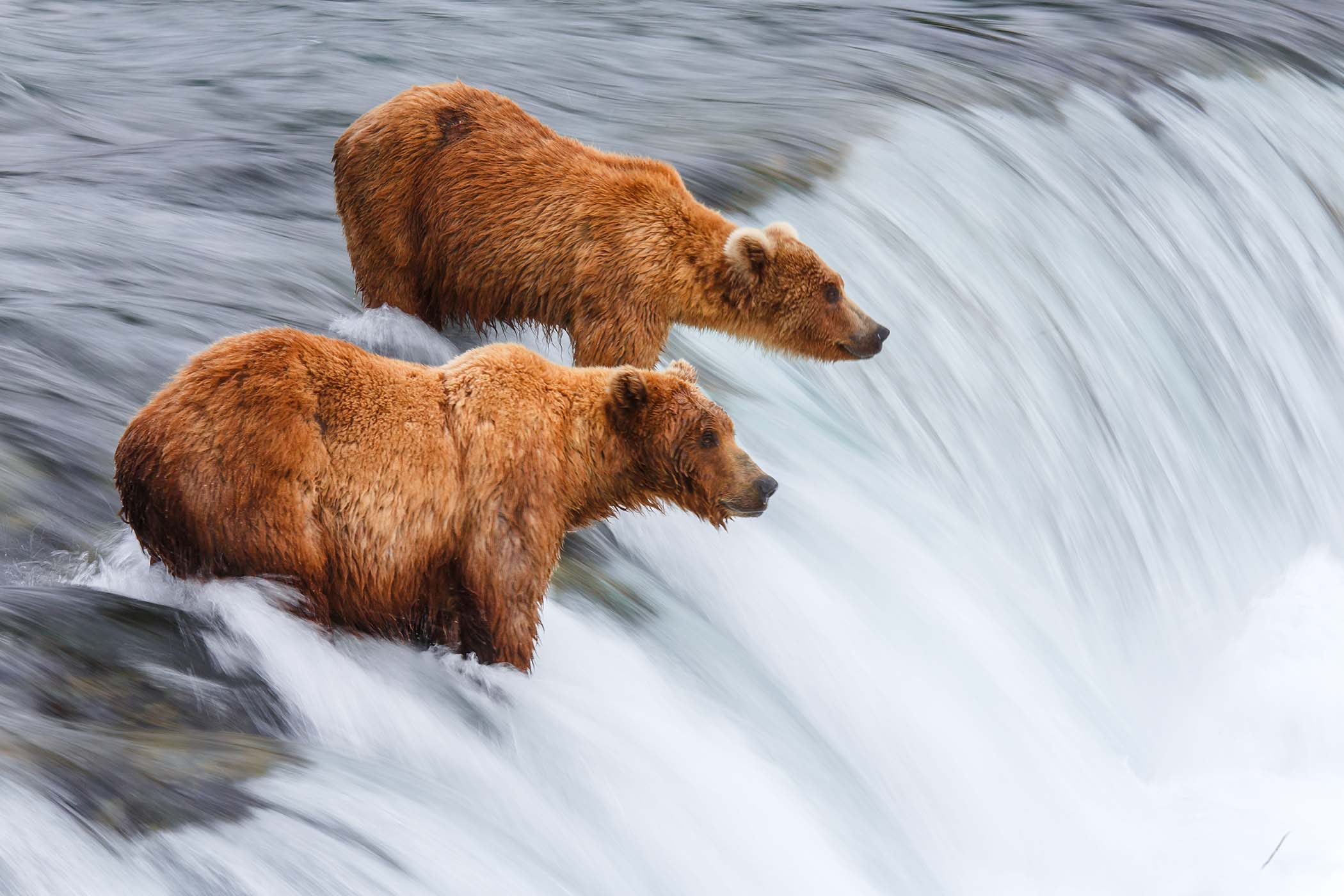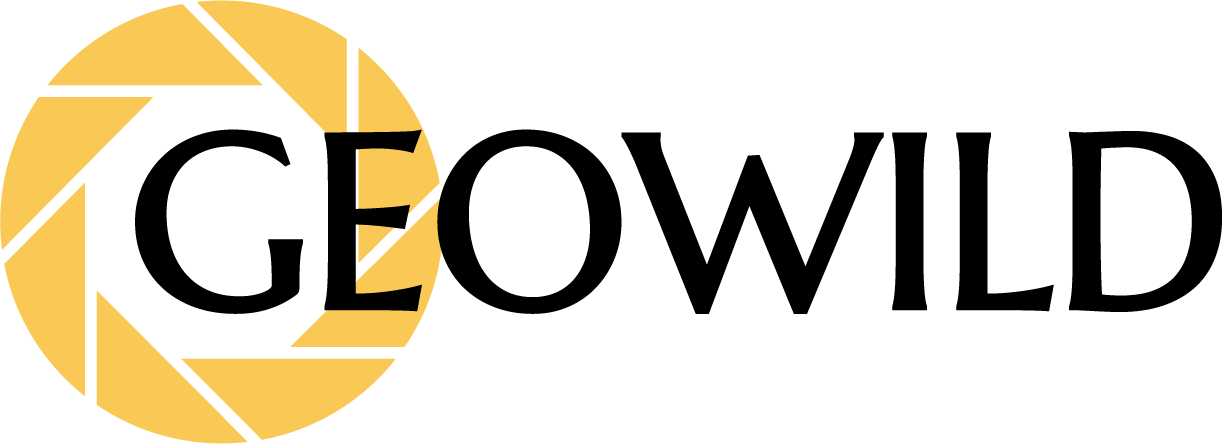
Hunting Season: A Complex Tradition in Conservation
Hunting season is a time-honored tradition in many cultures, but it also raises questions about wildlife management, conservation, and ethics. While some view hunting as a sport or means of subsistence, others see it as a necessary tool for controlling animal populations and protecting ecosystems. Balancing these perspectives is key to maintaining healthy wildlife populations and respecting cultural practices.
In many regions, hunting is regulated by strict laws to ensure that animal populations are not overexploited. For example, hunting quotas are set based on scientific data that tracks population sizes, reproductive rates, and environmental conditions. These regulations help prevent overhunting and ensure that species remain sustainable for future generations.
At the same time, hunting plays a role in managing overpopulated species that can cause ecological damage or compete with livestock for resources. In cases where animals such as deer or wild boar become too numerous, controlled hunting can help reduce their numbers and protect plant life, agricultural crops, and other wildlife.
Despite its benefits in wildlife management, hunting remains a contentious issue, with some arguing that it disrupts ecosystems and can lead to unnecessary suffering for animals. Conservationists advocate for responsible, ethical hunting practices that respect animal welfare and prioritize sustainability. The future of hunting will depend on finding a balance that preserves biodiversity while honoring cultural traditions.

